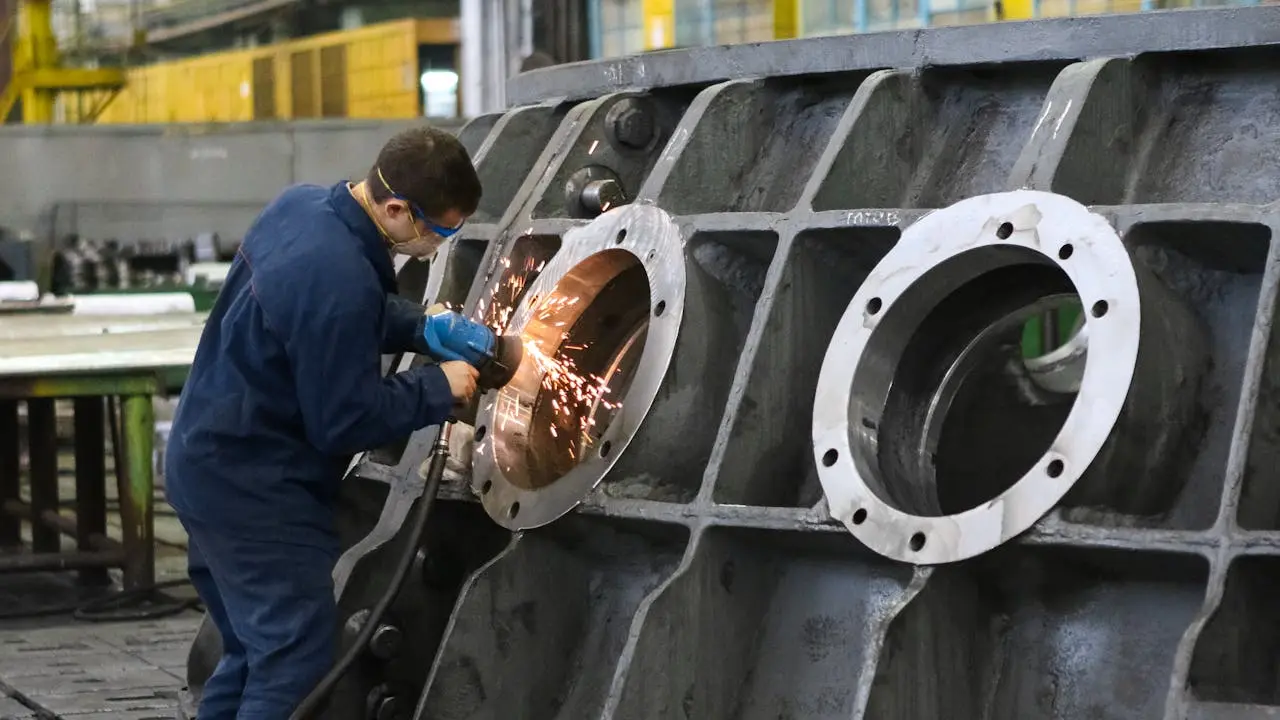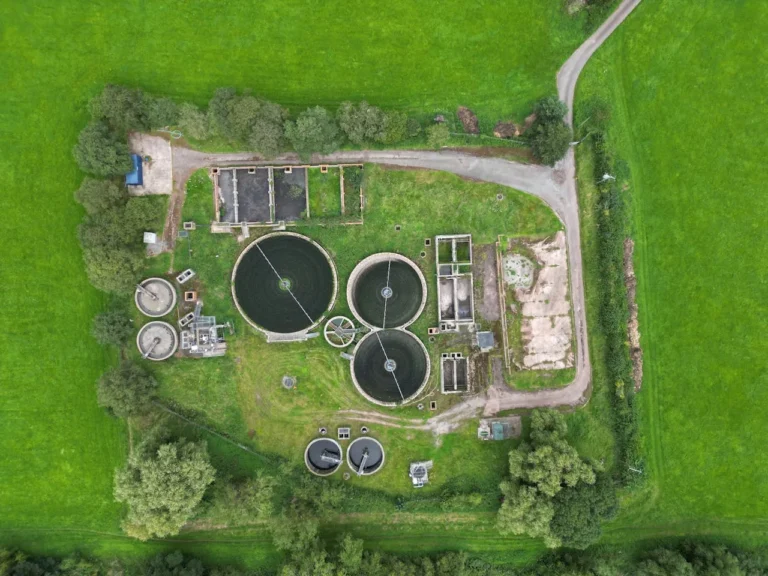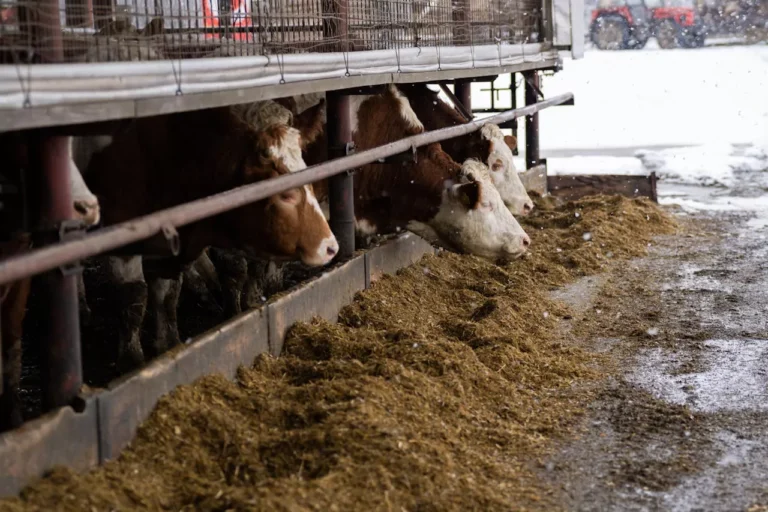
Unilever has unveiled a significant initiative aimed at drastically reducing carbon emissions across its Ice Cream Business Group’s four U.S. factories, a move that has garnered support from the U.S. Department of Energy in the form of up to $20.9 million. The project targets a reduction of 14,000 metric tons of carbon emissions annually, marking a significant stride towards achieving carbon neutrality for facilities responsible for producing renowned brands such as Ben & Jerry’s, Talenti, Magnum, and Breyers.
The strategy outlined by Unilever Ice Cream entails the replacement of natural gas boilers with electric boilers and industrial heat pumps equipped with waste heat recovery mechanisms. This endeavor aligns with Unilever’s broader commitment to transitioning all its workplaces to 100% renewable energy, a milestone achieved globally in 2020.
These upgrades not only promise a substantial decrease in carbon emissions but also pave the way for addressing 100% of heat-related process emissions at the factories located in Missouri, Tennessee, and Vermont.
Selected for award negotiations under the U.S. Department of Energy’s Industrial Demonstrations Program (IDP), this project stands out for its potential to mitigate emissions, positively impact local communities, and serve as a blueprint for decarbonization efforts within the food and beverage sector.
Sandeep Desai, Chief Product Supply Chain Officer at Unilever Ice Cream, emphasized the significance of these enhancements, stating, “We are making progress to decarbonize our ice cream business, and these substantial upgrades will mean a major cut in emissions. This step moves us closer to our sustainability goals and is a significant investment in the future for our business and planet.”
For further insights into Unilever’s comprehensive approach to combatting climate change, interested parties can delve into the company’s recently updated Climate Transition Action Plan.




